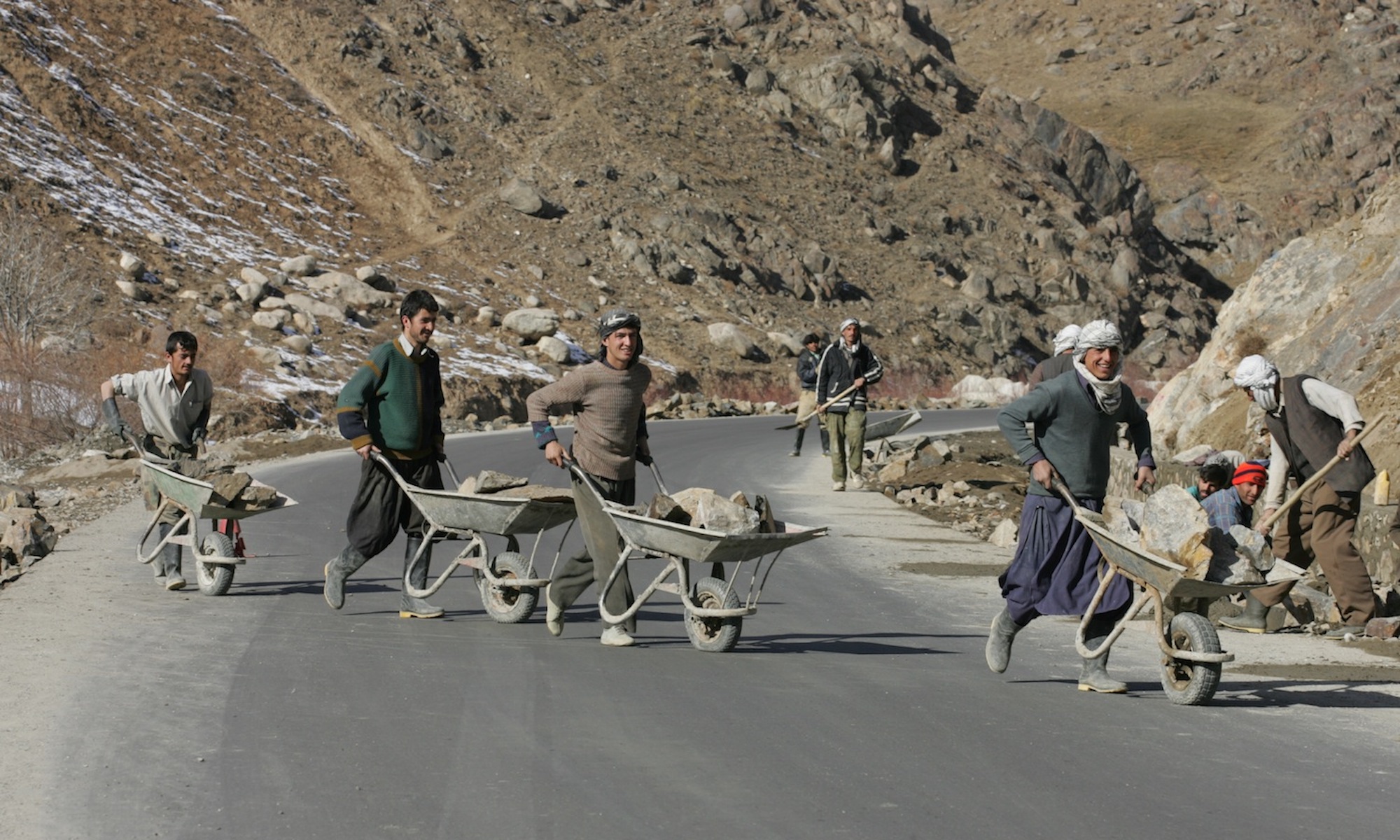Transitional justice and security sector reform are critical in post-conflict settings, particularly regarding the reform of judicial systems, intelligence services, police, correctional systems, the military, and addressing systemic massive human rights abuses committed by individuals representing these institutions. Accordingly, the relationship between security sector reform and transitional justice mechanisms, such as vetting, the representation of ethnic minorities in key institutions, the resettlement and reintegration of the former combatants deserve special attention from scholars. This article presents a comparative analysis of the reform of police and security forces in Kosovo, and explores the causes of different outcomes of these two processes.
Situated in the far northeastern corner of Bosnia and Herzegovina, Brcko District is widely heralded as a successful multi-ethnic society. Such portrayals are typically “top down” and centred on institutions, yet it cannot be assumed that multi-ethnicity at the institutional level necessarily translates into everyday relations between Brcko’s ethnic groups. Based on qualitative interview data, this article explores Brcko from the “bottom up”, through a focus on inter-ethnic relations in everyday life. Its central argument is that viewing Brcko through this additional lens not only raises important questions about the District’s image as a success story but also, and more broadly, has significant implications in highlighting the limitations of liberal peacebuilding and the importance of “peacebuilding from below”.
